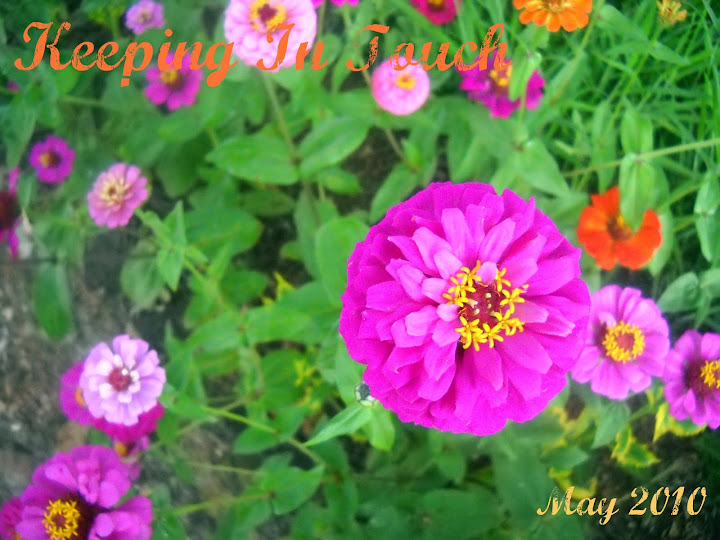The second book I read is this book called Genocide In Rwanda: A Collective Memory. The book is actually just the speeches of survivors who participated in a conference in Kigali the year after the genocide. It was edited by John A. Berry and Carol Pott Berry. They lived in Rwanda for 3 days of the genocide, hid a Rwandan family in their home and were evacuated.

The book is basically a copy of everything everyone said at this conference in 1995. The people that spoke included genocide survivors, academics, human rights activists, journalists, members of the government, officers of the army that stopped the genocide, etc. The book starts (as all of the books I've read so far) with a time line starting in 1885 and leading up to the genocide. The chapters of the book are based on different perspectives of the genocide.
Chapter 1 - Historical and Political Perspectives. I liked this part because it was good for me to understand what caused the genocide. Even after reading this part and other parts like this, I still struggle to understand why perfectly normal people just one day wake up and start killing their neighbors. But this helped me a lot.
Chapter 2- Unity and Division. This part I liked because it was about things that happened after the genocide. In this chapter people talked about the way that the outside world sees the genocide and how that (most of the time) is wrong. One example that they use a lot is about how the press cared more about the camps in Congo (where the killers ran to) than in the survivors who were in Rwanda.
Chapter 3 - The Voice of Extremism. It talks about how the radio was used to influence the way people thought. It shows a letter that the old government (that planned the genocide and is now hiding in Zaire) wrote to the world. I actually found this really funny. It's completely outrageous and I can't believe how they expected anyone to take them seriously. The whole letter is pretty much accusing the rest of the world for things that they, themselves, planned and carried out. In this chapter, there is also a part called "The Hutu Ten Commandments". You can read them here. I really liked this chapter.
Chapter 4 - Legal Interpretation of the Genocide. I have to confess that I read one paragraph of this and skipped the rest. It really just doesn't interest me to know legal definitions of certain words and terms.
Chapter 5 - Before, During and After the Genocide. This part is to explain the role of people or organizations that were present around the time of the genocide. For example: United Nations, Women, Church, Red Cross, etc. This chapter was helpful for me to understand how the genocide affected people because of the actions of these organizations.
This book is different than the one I read before because it isn't an author that writes it. It's just people that participated in an event and had their thoughts recorded. Besides the legal stuff, it was a really good book.

Hi, Bronwyn. I'm not sure if you remember us or not; it's been a long time! Jonathan and I went to Itu around the same time your family was heading to Porto Alegre. We've always admired and appreciated your family. We lived in Brazil for a couple of years, have moved all over, and are now here in Austin, TX. One of the things we do here is work with refugees from war-torn countries like Burma, Burundi, Somalia, Iraq and other places. We've started a non-profit to help the women especially. You can go to our website to learn more: www.hilltribers.org
ReplyDeleteMark and Ali Kaiser stayed with us a few weeks ago and we were talking about the ministry we do. They suggested that I find you since it seems like you're interested in a lot of the same things we are. At some point, we might like to talk about having an intern from ACU or just bringing down a campaign group, either for spring break or a weekend. From what Mark and Ali have told us, and from what I've read on your blog, I thought you might like to know about what we're doing and see if you'd like to ever come help. Even if you just come down to visit, we'd love to have someone whose heart is so clearly directed toward people whose lives have been upended by such awful violence and genocide. And I thought you might like to know that there's still international ministry here in the States if you're interested in continuing this even after you leave Brazil and Africa.
If you want to know more, there's a "contact us" section on our website that goes straight to my e-mail. (I hate putting my e-mail address on blogs because I don't want to end up being spammed.) We pray blessings on you as you prepare to take such an exciting trip and hope to see you this fall in Abilene or in Austin!
Love,
Jessica Goudeau